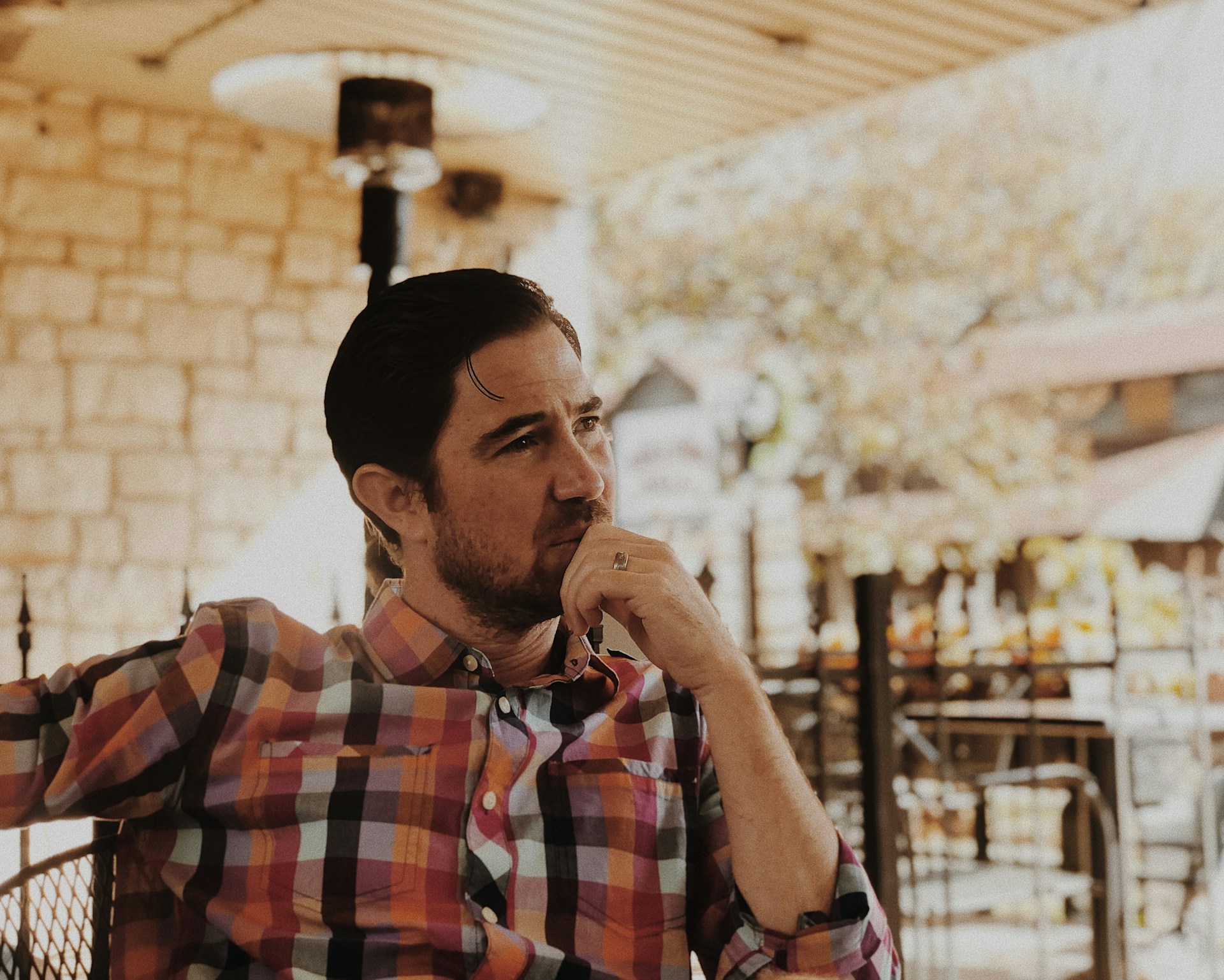“Why did you go with the other person?”
I stared at the screen. A week earlier, I’d been deep in interviews, weighing my options, trying to find the right partner for a project. Now, someone I didn’t choose wanted to know why.
Normally, I’d have an answer ready—something logical, structured, easy to explain. I’d point to experience or a skill set. A neat, rational breakdown that made me look like a responsible adult.
But this time, I hesitated. Because the truth was, I didn’t pick the other candidate for any reason I could put into words.
I just knew.
For most of my life, that wouldn’t have been an acceptable answer for me. I was a scientist. I trusted data, not hunches. I spent the vast majority of my life believing that if you couldn’t plot something on a graph, it was probably just feelings—and who needs those?
But the more I pay attention, the more I realize: My body has been picking up on clues my brain is too slow to catch. A shift in energy. A vague sense of unease I can’t quite explain.
There was that time when my intuition screamed, Something’s off—don’t do business with the guy!, and I overrode it with pro-and-con calculations. Disaster.
Or that time when I knew deep down the candidate wasn’t the right person to hire, but I went with them anyway because they looked great on paper. Regret.
You’ve probably been there before. You knew something was right in your gut. Or you recognized, deep down, that something was wrong but you couldn’t rationally explain what.
Your body knows.
And it knows because it’s ancient.
From an evolutionary standpoint, your body has been around for hundreds of millions of years. Your brain? It’s much younger. A brilliant, high-powered machine, but inexperienced compared to the vast intelligence stored in your body.
Your body recognizes danger before your mind can articulate it. It senses alignment before logic can confirm it.
But the moment you start justifying or explaining your intuition, you lose the signal.
Because intuition doesn’t come with a PowerPoint deck. It doesn’t provide you with a clear, rational TED talk. It just knows.
And yet, we fight it.
We make pros-and-cons lists. We force ourselves to justify why we feel the way we do. We convince ourselves that if we can’t articulate it, it must not be real.
But some of the best decisions don’t come with an argument. They come with a knowing.
The more I trust my gut, the better my decisions become. Not because my intuition is infallible, but because it sees things my mind can’t.
It doesn’t mean you throw reason out the window. It just means you stop forcing clarity into words when the truth is already there—unspoken, but undeniable.
So the next time you’re stuck in a loop of overthinking, drop the spreadsheet.
Get quiet.
And listen.
Because deep down, you already know.
P.S. Ani DiFranco has a lyric that perfectly captures the sentiment in this post:
“Underneath all that I know is The Knowing.”
Bold



